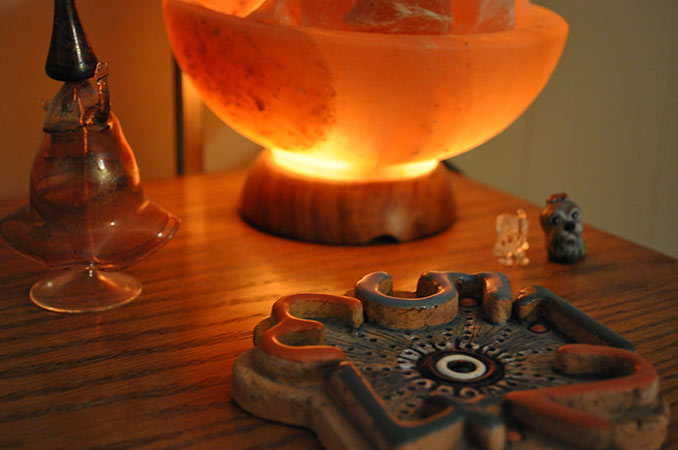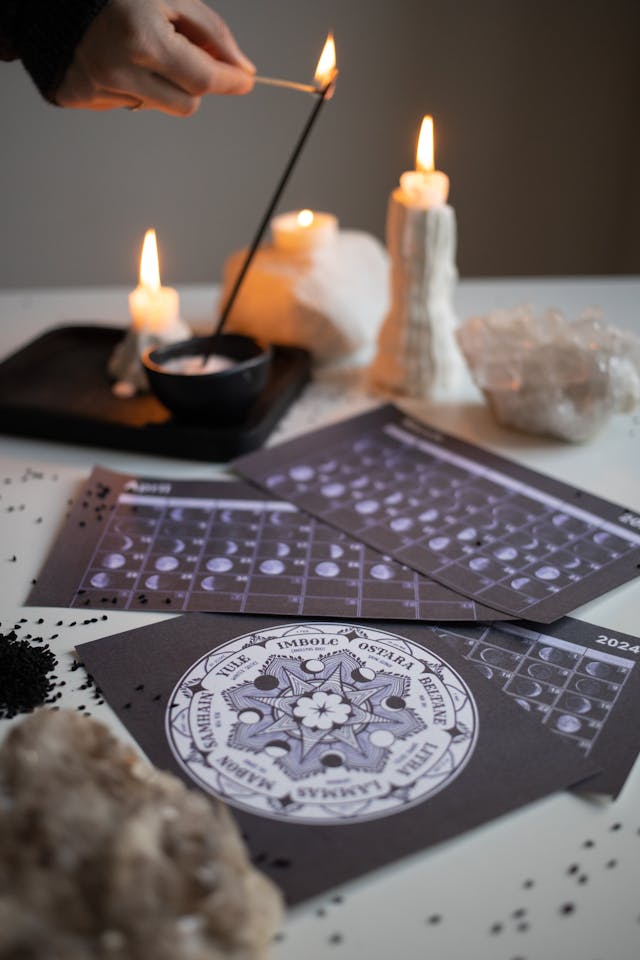
“A mystic is a man who separates heaven and earth even if he enjoys them both.”
G.K. Chesterton, in Tolstoy (1903)
I’ve decided to spend each day reading the works of different mystics. I’ll probably begin with Thomas Merton and move backward in time to Teresa of Avila and John on the Cross. Then I will rummage through the Middle Ages, to Bernard of Clairvaux, Francis of Assisi, and Bonaventure. Then in reverse to Rumi, the 13th-century Persian poet, and Sufi mystic.
The word “mysticism” is not only wildly used but also often, wildly abused. Here’s what it’s not: some dark-haired, dark-eyed, witch-looking person who lapses into trances, hears heavenly voices, works miracles, tells the future, and has a direct line with the dead, all while levitating on an alien spacecraft. Mysticism has become an overused catchphrase for religious weirdness.

Mysticism from the Greek word mystikos, is the pursuit of communication with, identification with, or conscious awareness of an ultimate reality, divinity, spiritual truth, or God, through direct experience, intuition, instinct, or insight. Mysticism usually centers on a practice or practices intended to nurture those experiences or awareness. Differing religious, social, and psychological traditions have described this fundamental mystical experience in many different ways. The words “mystical” and “mysticism”, are commonly used by mystics to affirm extraordinary insights beyond all expression, and thus impossible to communicate to others.
Mystics matter. They are pioneers who explore the frontiers and limits of being human. Not all of us can climb Everest or circumnavigate the globe, but explorers show us what is possible for human beings. Mystics are interior explorers, and they too show us the possible.
The mystics provide us with the language of the sacred, the vocabulary to articulate our out-of-the-norm experiences. They embrace the darkness, the divine darkness, which lies way beyond my field of vision. The mystic with their night vision goggles reminds me that I too could have bat vision. They see and help me to see much more than visions. They have learned to peer into the divine darkness long and hard enough to see a God-drenched world, dizzying in its beauty. They show me that I too have eyes to see those fleeting moments through which I routinely sleep.
From the beginning of time, mysticism has kept men sane. The thing that has driven men mad is logic. The only thing that has kept the race of men from the mad extremes of the convent and the pirate galley, the nightclub, and the lethal chamber, has been mysticism — the belief that logic is misleading and that things are not what they seem.
True mystics simply open their souls to the oncoming wave. Sure of themselves, because they feel within them something better than themselves, they prove to be great men of action, to the surprise of those for whom mysticism is nothing but visions, raptures, and ecstasies.
Mystics represent thematically what remains for most of us unthematic: that we have the condition of the possibility of encountering God.
I enjoy reading about the mystics because, in some small way, I know what they are talking about. The mystics speak to me with an uncanny and unexpected immediacy – despite the historical gulfs and cultural chasms that divide their world and mine.
Wouldn’t it be great if I discovered the mystics are actually the normal ones, they are the norms of what it means to be truly human? It’s the rest of us that are abnormal. The rest of us have in principle the mystical within but we have repressed it because the culture we live in ignores, and even silences the mystical. I have an insane thirst for the mystical, for the diversity of individual mystics and mystical traditions. It will be an interesting summer!
Are you wearing the best colors for you? Each of us has a power color based on the five elements and the day we were born. Sign up for my email list and provide me the day, month, and year of your birth and I will send you your birth element and power color!
